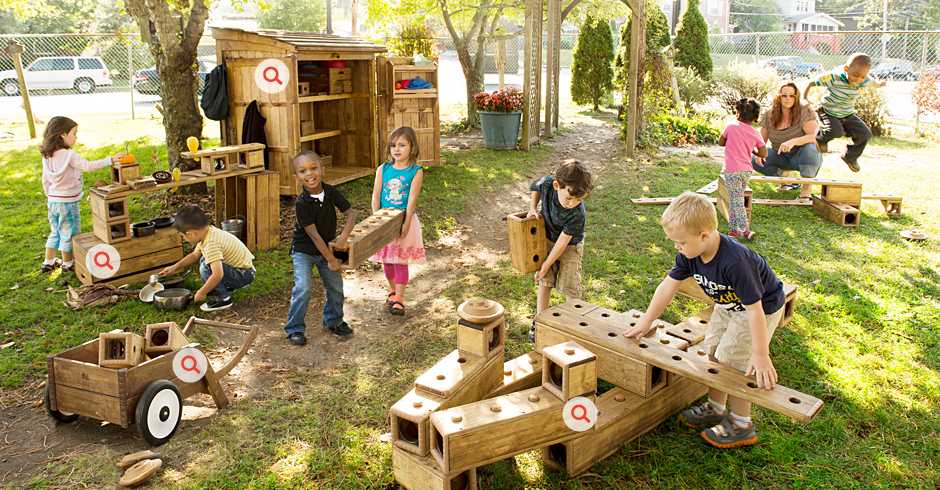This module deals with the employers responsibility towards Health and Safety while pointing out the employees responsibility too. In addition to caring for and educating babies? toddlers and young children? an early childhood educator needs to ensure that children are kept safe and secure. An awareness and understanding of health and safety issues is therefore a must. This unit aims to encourage prospective carers to understand the importance of health and safety measures in early years environments and their role in safeguarding childrens health and keep them safe. The dangers of noncompliance are stated while emphasising the ways to communicate health and safety information. Risk assessment to reduce accidents and hazards form part of this modulesafe. The dangers of noncompliance are stated while emphasising the ways to communicate health and safety information. Risk assessment to reduce accidents and hazards form part of this module.
- Teacher: Elena Bianca Gauci
This module deals with benefits of teamwork collaborative work and lines of reporting. It delves into features of effective teamwork and individual behaviours and qualities required for effective teamwork. It creates awareness of the need to develop positive relationships with colleagues and other professionals. Teamwork here also refers to encouraging children to play and learn with other children in the setting.
- Teacher: Lianne Cassar
This module introduces the students to the notion of working in partnership with parents and families for the benefit and wellbeing of children under their care. It deals with appropriate verbal and nonverbal communication and the type of communication that is acceptable according to GDPR guidelines. The student will have the opportunity to evaluate his own communication skills in terms of developing relationships.
- Teacher: Mary Claire Saliba

This module deals with the value of play for each area of development: physical, social emotional, intellectual and language. It embraces a rights-based approach to play where play is regarded as a right of each child to play and interact with others and to experience recreational activities with others. Building on the premise supported by literature that play is a vehicle for learning students will be exposed to the benefits stages and types of play. Moreover, it gives examples of strategies and techniques to support childrens play and ways in which adult interaction can extend learning and development.
- Teacher: Henriette Saliba Balzan
This module deals with the holistic child development including the physical, cognitive, social, emotional, speech and language development for the first three years of life. Child development underpins every aspect of working with babies? toddlers and young children. Child care practitioners need to know theories and models of child development to be able to support childrens play? learning and development. This module points out how each area of development interlink and rate and sequence of development which may vary due to various aspects.
- Teacher: Joe Balzan
- Teacher: Sharon Balzan
This module deals with practical exposure to the theory built on knowledge of theories of play and learning and childrens development including physical, social and emotional, cognitive and language development. Students will be able to put into practice the theoretical knowledge? skills and competences developed over the course of the programme. They will have the opportunity to reflect on their own as well as collaboratively to evaluate and improve their practice through self-reflection and feedback provided by others.
- Teacher: Joe Balzan